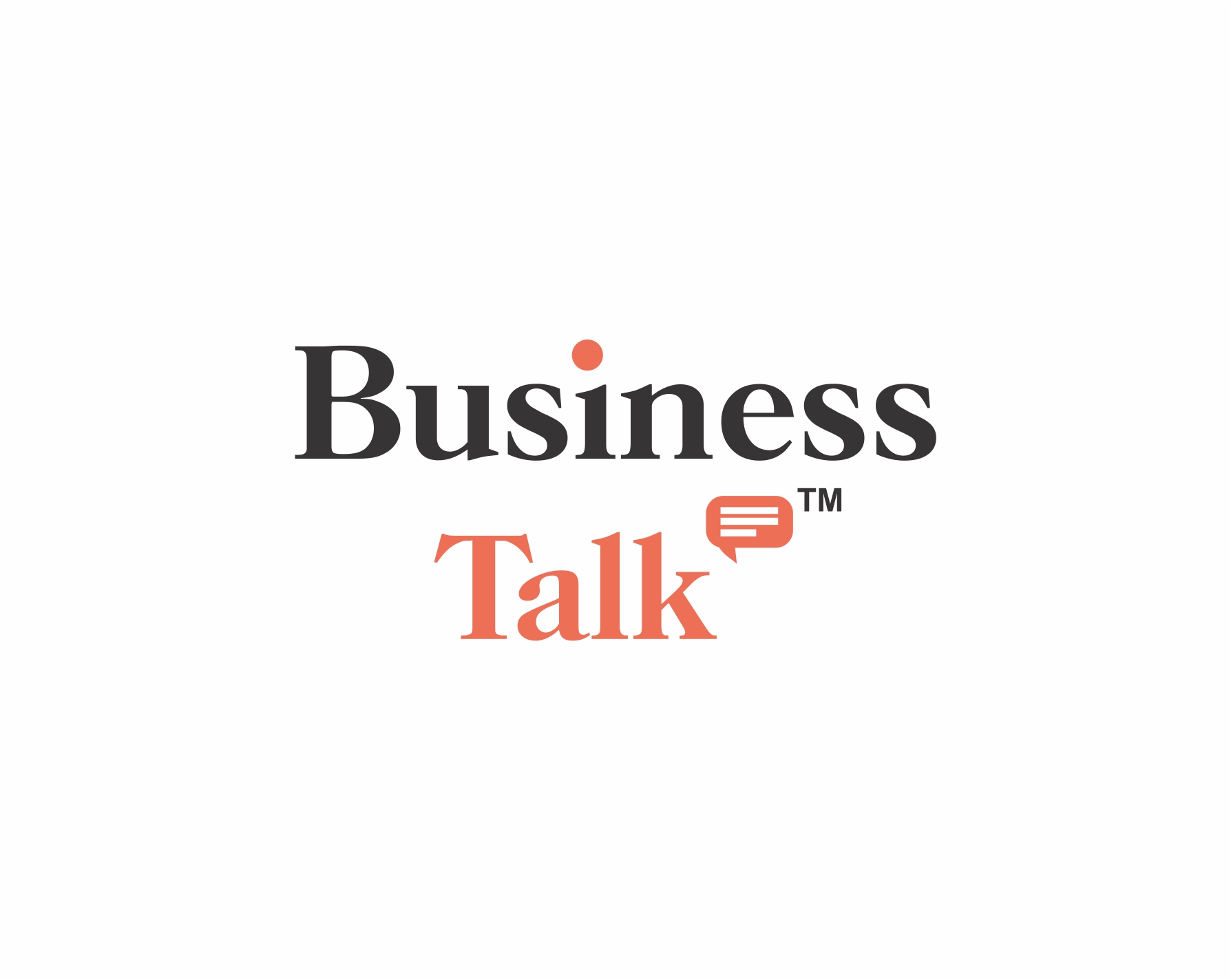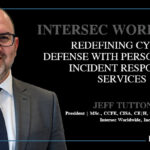“Leaders are the ones that know the way, go the way and show the way.” But even leaders need to master skills that can enhance their leadership. This includes knowing what’s essential for employees, which factors could leverage engagement, and how to lead a more collaborative and positive culture. Perhaps the sign of a truly successful leader is an enthusiastic and happy workplace.
In the past two years, business operations, leadership and the concept of workplace has changed rapidly. And leaders need a refined understanding of leadership that aligns with benefits to business, including increased performance and productivity. Given the need, we have listed 19 best leadership activities you should try in 2025.
It can be challenging to develop leadership abilities on the job, therefore it makes sense utilise activites to do so. These scientifically proven activities will improve your capacity for comprehension and empathy in leadership. Furthermore, it will arm you with the resources necessary to promote emotional intelligence in both your clients and employees.
Best leadership Activities you Should Try in 2025
1. Leadership Envelopes
With the aid of this activity, groups can transform theoretical leadership concepts into real-world workplace behaviours. For the purpose of applying leadership principles in the actual world, participants collaborate in groups. The teams go through several rounds of building on one another’s ideas, and in the end they analyse the best ones to determine which behaviours are the most helpful.
2. Your Favorite Manager
In this activity, individuals take on the roles of three distinct people and brainstorm their opinions of the three managers they like best and the three managers they dislike the least. Later, they create a list of dos and don’ts for enhancing employees’ perceptions of a manager’s style with a partner (and later, in teams).
3. Leadership Pizza
This leadership training activity provides a framework for self-assessment that enables participants to first determine the abilities, qualities, and attitudes they believe are crucial for effective leadership, analyse their own progress, and set goals. This framework is a fantastic tool for establishing personal coaching process goals for leadership skills.
4. Heard Seen Respected
Participants’ ability to “step in another person’s shoes” can be encouraged through empathic training. Recognizing these circumstances and responding to them sensitively could enhance the “cultural atmosphere” and increase group member trust. HSR teaches people how to react without making excessive promises or exerting excessive control. It aids team members in spotting negative tendencies and cooperating to change interactions to be more fruitful. This helps them work with more compassion.
5. Dotmocracy
A tried-and-true strategy, Dotmocracy is an easy way for collective decision-making or setting priorities. It is a technique to apply in processes where prioritisation or decision-making are goals rather than an activity in and of itself. The technique enables a group to swiftly identify the choices that are most preferred or pertinent. The alternatives or suggestions are written on post-its and pinned on a wall so that everyone may see them. Everyone casts a vote for the choice they believe to be the strongest, and a decision is made based on the results.
6. Impact and Effort Matrix
Possible actions are sketched out in this decision-making exercise based on two criteria: effort needed to implement them and potential impact. This kind of thought classification can be helpful in decision-making since it forces participants to weigh and consider actions before committing to them.
7. Level of influence
In an action planning session, after a list of potential tasks has been generated, this is an easy technique to rank the actions. Making the appropriate choice frequently requires assessing multiple aspects and setting priorities accordingly. While there are numerous ways to accomplish this, a great leader strives to keep things as straightforward as possible.
8. Circles of Influence
Finding the areas where each team member can have the biggest influence and make the best use of their skills is a key component of effective teamwork. This training aims to empower ownership while reviewing team priorities and decisions regarding what to concentrate on both individually and as a group. The activity pushes participants to consider their areas of greatest influence and effect.
9. Team of Two
Whether you are in charge of a team of a few individuals or a team of hundreds, the truth is that many of your conversations and interactions with the people you will manage will be bilateral and personal in nature. These contacts can either be fruitful and constructive or annoying and harmful. If people are prepared to listen to one another, you can enhance them utilising fundamental techniques.
10. What I Need From You
People who work in many areas and functions can quickly become more effective at asking each other for the things they need to succeed. By deconstructing what members of a group require in order to attain shared objectives, you can clear up conflicts or dispel prejudices that have grown over time. Participants express their core needs to others, and everyone has the opportunity to reply. This increases clarity, honesty, and transparency while fostering cohesiveness and collaboration across silos.
11. Team Canvas
When it comes to fostering meaningful collaboration throughout your business, it pays to involve your team members in shaping how you wish to work together. This workshop template presents a full itinerary for a team canvas session. A team will go through a process of jointly defining everything, including goals, values, resources, and regulations. Effective leadership covers using collective intelligence and inspiring your team to share responsibility for success.
12. Campfire
This well-known activity exploits our innate storytelling abilities by providing players with a structure and a forum in which to share professional experiences involving conflict, diplomacy, trial and error, failure, and success. Campfire is helpful not just because it serves as a flexible training exercise but also because it identifies patterns in how employees perceive and experience their work.
13. Letter from the Future
Leaders are frequently asked to motivate their team members towards the future of their organisation or product. Employees who are enthusiastic about your future are more likely to collaborate well and be motivated to achieve success. This exercise can be used to motivate a team or even just to motivate yourself as a leader and put your future goals down on paper. Ask your team to make forecasts for the future of the world in five years. Then, invite them to draught a letter from the future outlining their accomplishments and any difficulties they faced.
14. Alignment & Autonomy
An interactive workshop designed to help teams reflect on and eventually improve their alignment with their mission, goals, and team members’ autonomy. Based on Peter Smith’s personal responsibility paradigm, the program emphasizes fostering a culture of personal accountability and improving your team’s capacity for rapid adaptation and change management.
15. 15% Solutions
One of the most significant impediments to personal development is feeling overwhelmed by the amount of work required to reach your objectives. As a leader, you can help your team by pushing them to take subtle, yet significant, measures that are within their control. 15% Solutions demonstrate that there is no need to dither, feel helpless, or be afraid. In fact, it can help people in moving it up a notch.
16. Bright Blurry Blind
Finding opportunities to reframe conflict as an opportunity to solve problems and create clarity is a very useful leadership quality. This is an exercise for creating a sense of community, support intra and inter departmental communication and breakdown of “Silos” within organizations. It allows participants to openly speak about current issues within the team and organization.
17. Conflict Responses
We are all capable of handling disagreements le`ss than optimally. This session will help a team reflect on previous conflicts and utilise those reflections to create rules for addressing conflicts well moving forward. The workshop frames a reflective discussion using the Thomas-Killman model of conflict reactions. Use it to start a team conversation about conflict.
18. Trust battery
Every time you collaborate with someone, your trust battery—the level of confidence you have in them or the “emotional credit” they hold in your eyes—either fills up or runs out. This self-assessment exercise enables you and your team members to consider the level of “trust battery” that each of you has for the other team members. It also encourages focus on actions that can replenish the low trust batteries.
19. Chinese Puzzle
This is a concise game that will teach team members how to cooperate (better). The group’s comprehension of leadership, problem-solving, communication, trust, and persistence may also be the subject of this discussion. To find two additional hands to grasp, participants stand in a circle, close their eyes, and put their hands into the circle. When they open their eyes, the group must attempt to form a circle again without letting go, though they are of course free to adjust their grip.
Wrap Up
That brings us to the end of the list of 19 best leadership activities to try in 2025. As difficult as leading appears to be, you should remember that not everyone is a natural leader. However, these exercises put leadership abilities to the test. We genuinely hope that you have learned some practical advice to develop your leadership abilities for 2025 and beyond.
Read More
- 20 Best Leadership Books to Read
- 11 Leadership Principles That Matter Most
- What Makes a Good Leader Everything you Need to Know
- 27 Inspirational Leadership Quotes to Push you Toward Success
- How to Deal with Haters? 7 Most Effective Ways

Business Talk is a digital business magazine that caters to CEOs, Entrepreneurs, VC, and Corporates. While working with entrepreneurs and business executives, we focus not only on their achievements. Our mission is to shed light on business entities, including their innovations, technological benchmarks, USPs, and milestones/accolades.













